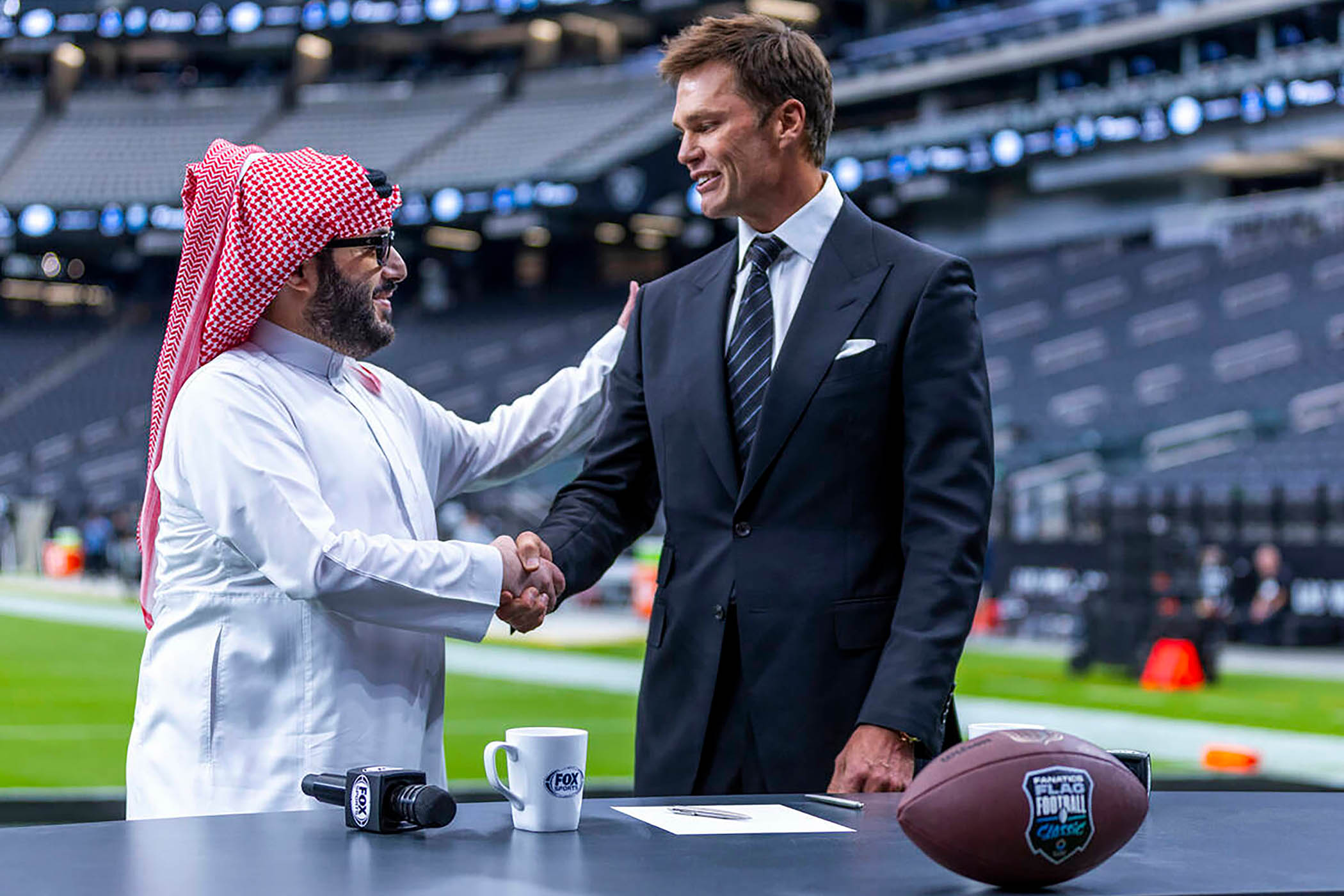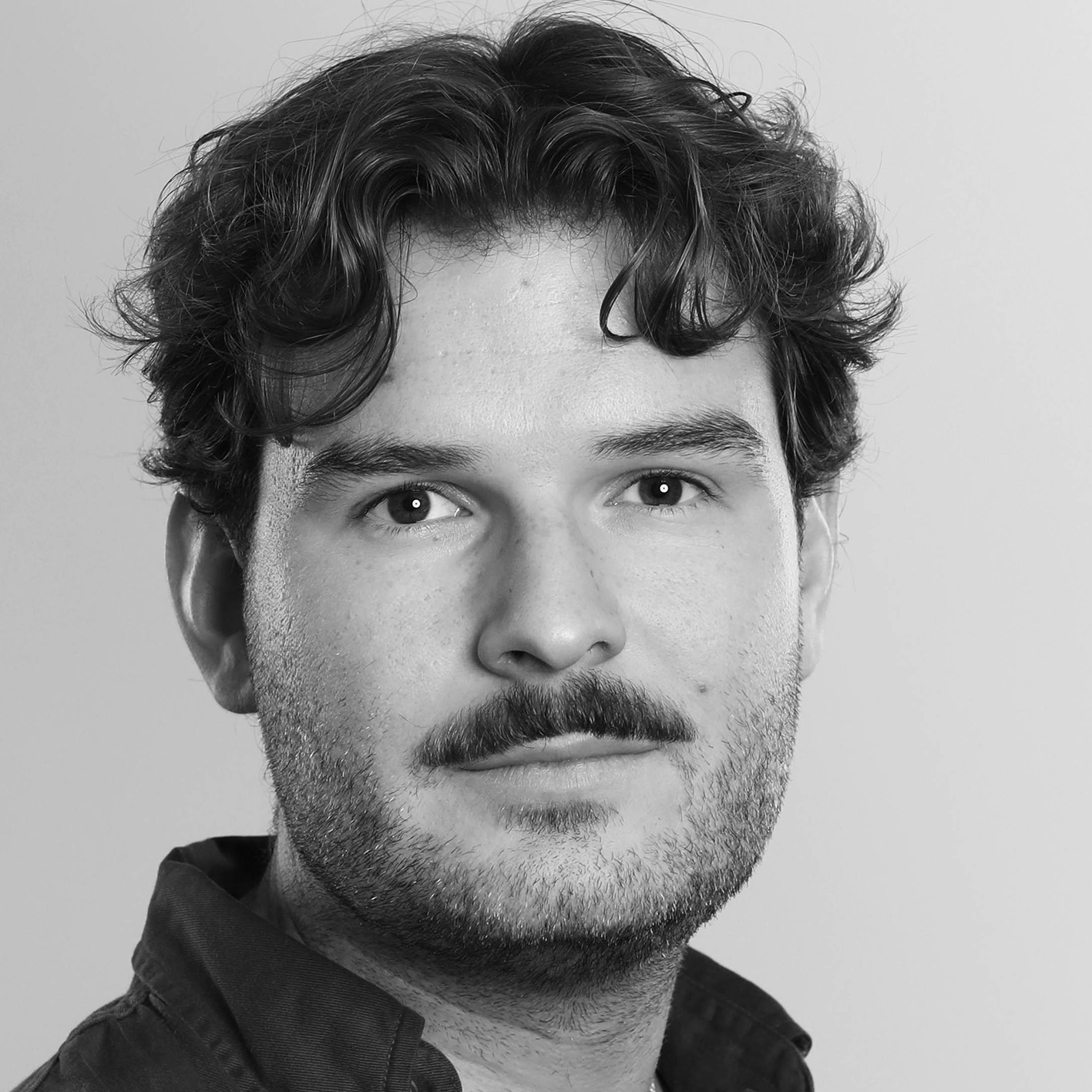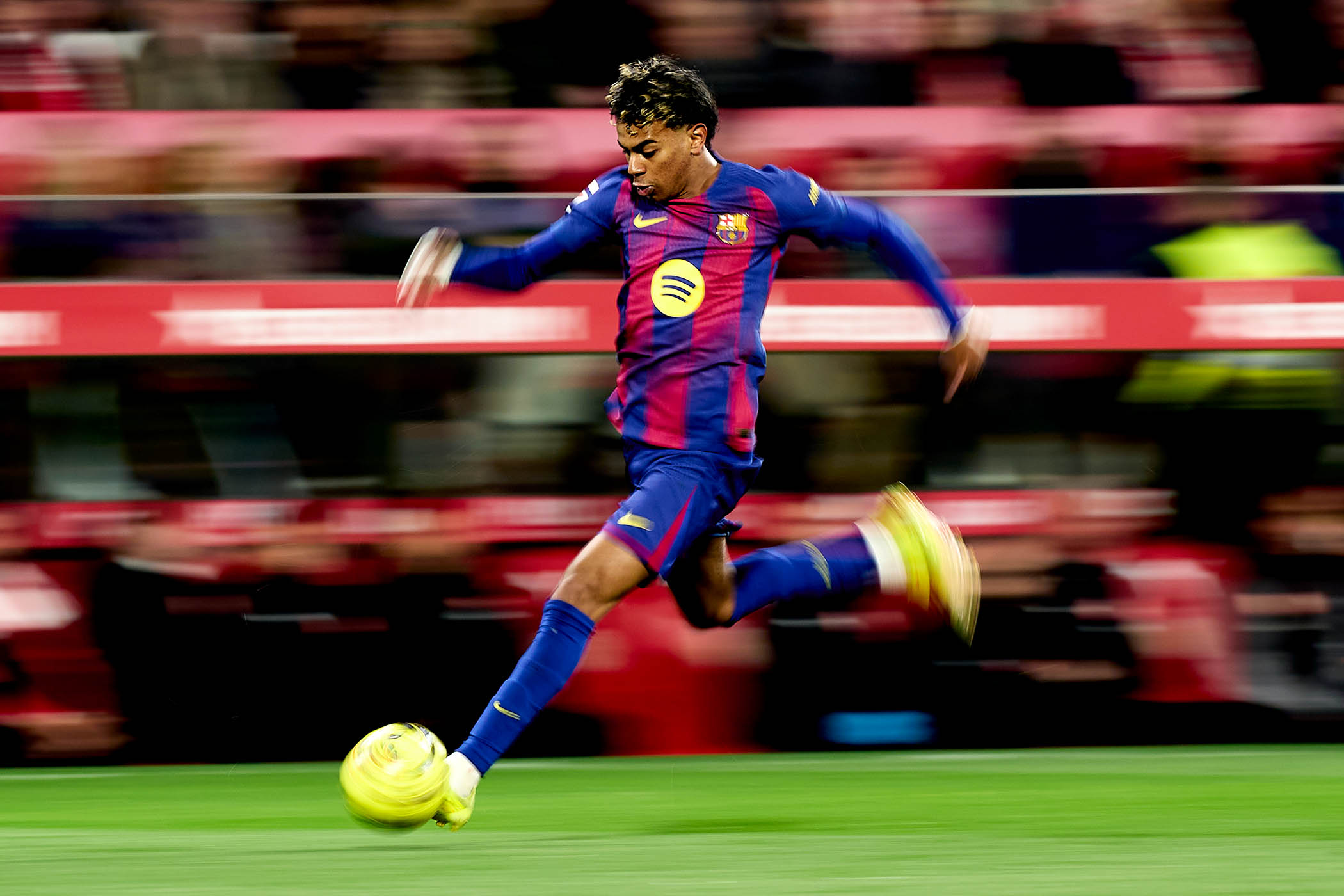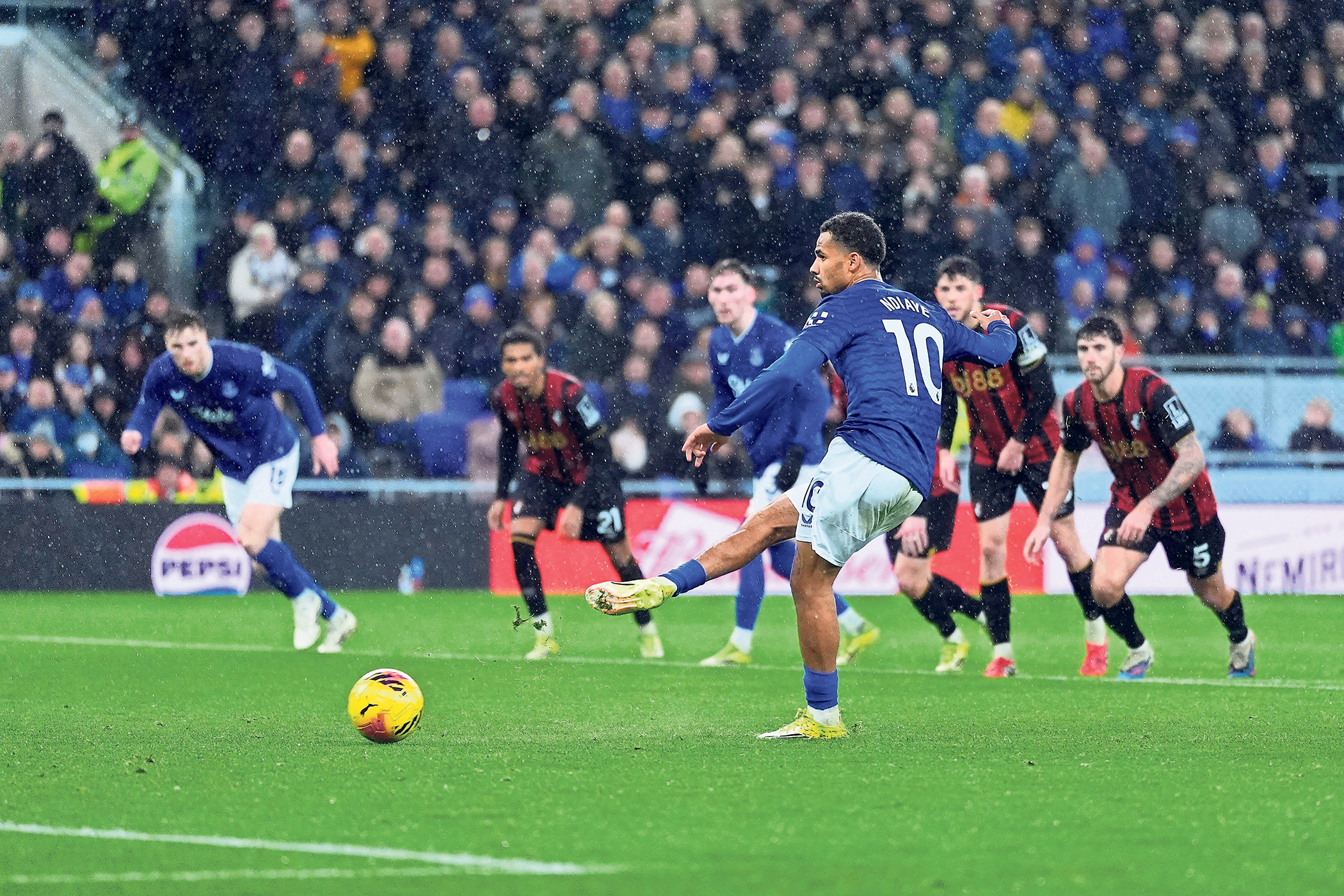Happy Riyadh Season to you and yours. Doesn’t it feel like the opening ceremony starts earlier every year? To be fair, it’s nice to give the Macy’s Thanksgiving parade something else to do, winding through the streets of Boulevard City, a pre-season warm weather camp for a Baby Yoda balloon the size of a two-bedroom house.
Nothing summarises sport’s new age, the Saudi age, quite like Riyadh Season, six months of “global entertainment experience through 11 unique zones” in the Saudi capital, according to its website. The sixth edition began on Friday, running through to March, with the Six Kings Slam its first major sporting event, an exhibition tennis tournament featuring the top five ATP-ranked players and Stefanos Tsitsipas. Then there is the WWE Royal Rumble – a precursor to WrestleMania in 2027 in Riyadh – the first time it will be hosted outside North America, Kings League MENA – Gerard Piqué’s Baller League precursor – Premier Padel and the Fanatics Flag Football Classic, fronted by NFL legend Tom Brady, a real litany of sporting spin-offs and substitutes.
Undefeated champion Anthony “Babyface” Blackburn will take on Cole “Full Send” Young in Power Slap 17, which really is exactly what it sounds like. Manchester United are reportedly considering playing in the Riyadh Season Cup in January to bolster their finances.
There will also be the first Saudi Darts Masters in January, adding to the existing Riyadh Season Snooker Championship, less than 10 months after promoter Matchroom’s president Barry Hearn said that if alcohol was not permitted, “then you can’t have the darts”.
According to Turki Al-Sheikh, chair of the Saudi General Entertainment Authority and all-round attention vacuum, 20 million people visited last year’s event, and the Riyadh Season brand is now worth £2.4bn. In a month where LIV Golf announced a £462m loss for 2024, taking accumulated losses in three years to £1.1bn, this matters. Hosting a World Cup cost Qatar about $220bn, at 2022 prices, and they arguably had more established infrastructure at the beginning of that process than Saudi Arabia do ahead of 2034. The fantasy of Neom, once a $500bn plan to build a mega-metropolis in the sand, has lost none of its ambition but discovered cost control; Trojena, the artificial ski resort, may or may not host the 2029 Asian Winter Games.
“This year has been unusual in Saudi Arabia,” Simon Chadwick, professor of Afro-Eurasian sport, told The Observer. “There is a smell of fiscal stringency in the air, allied to a much greater sense of strategic purpose, which has been brought about in large part by SURJ.”
SURJ is the dedicated sports investment wing of the Saudi Public Investment Fund (PIF), established in August 2023 as SRJ but only really having significant effect over the past 18 months. Led by Australian Danny Townsend, the former CEO of the Australian Professional Leagues, SURJ has overseen more considered and gradual sporting investment. This is, in many ways, a saner era of Saudi spending.
And yet they have spent more on esports than on all other sports combined, part of the National Strategy for Gaming and Esports, aiming to incorporate 250 companies and contribute tens of thousands of jobs and £10bn to the Saudi economy. At the end of September, the PIF led the largest leveraged buyout in history – $55bn – to purchase Electronic Arts (EA), one of the biggest games publishers in the world. EA’s titles have sold more than a billion copies, including EA Sports FC – better known as Fifa until Gianni Infantino made one of the great corporate clangers – Battlefield, Need for Speed, the Sims and licensed games for the NFL, NBA, UFC and F1.
This side of the Saudi esports wave is largely funnelled through Savvy Games Group, which now owns more than 40% of the global market and owns the creators of Pokémon Go and Monopoly Go, as well as having significant stakes in Nintendo, Take-Two Interactive and Embracer, three of the world’s gaming companies by revenue.
Riyadh is also positioning itself as the home of esport’s biggest events. This summer it hosted the Esports World Cup and its £52m total prize pool, with the £5.2m team prize won by Saudi-owned Team Falcons. The World Cup reported a viewership record of 750 million across the event, and Saudi Arabia will host the Esports Nations Cup next year – a nation-based event they have pioneered – and the Olympic Esports Games in 2027. These competitions will both be held in Riyadh, with future editions seemingly set to follow at the Esports and Gaming District of the ongoing Qiddiya entertainment and tourism project in Saudi’s capital, with 73,000 seats across four dedicated esports arenas.
Newsletters
Choose the newsletters you want to receive
View more
For information about how The Observer protects your data, read our Privacy Policy
Esports lacks any Fifa-esque governing body and it is suggested the Saudis eventually hope to control all elements of one of the fastest-growing industries in sport and beyond. The PIF has also signed a strategic collaboration agreement with Lenovo, the Chinese technology giant, to establish a manufacturing presence in Saudi Arabia. Controlling both software and hardware creates high-paying and highly skilled domestic jobs.
It is becoming increasingly obvious that the unending investment was never about sportswashing, a Western-centric idea that the Saudi investment was actually just a vehicle for reputation laundering. This is about strengthening domestically, diversifying economically and attempting to import certain elements of other cultures.
For all the legitimate liberalisation, Saudi Arabia still ranks 132nd of 148 countries in the World Economic Forum’s 2025 Global Gender Gap Index and 162nd of 180 on the global Press Freedom Index. “The Saudi political elite are not interested in their country becoming more like us,” said James Montague, author of Engulfed: How Saudi Arabia Bought Sport, And The World. “They’re more interested in the world becoming more like them.”
“They don’t have to cultivate a brand of being progressive or human rights-friendly, because they don’t care about that,” Christopher Davidson, an academic researching the Gulf states, told The Observer. “Dubai has already perfectly demonstrated to the world that that does not matter. People will come if it’s a flashy, interesting destination. Sportswashing is dead in the water now. Getting Saudi sponsorship on to esports, which is watched by millions online in Chinese cities you’ve never heard of, is a very cost-effective way of branding Saudi Arabia.”
As we enter a new phase of Saudi investment, perhaps the best indicator of the future is boxing, the pioneers of soul-selling – the first boxing card of note in Saudi Arabia was in 2018, preceding even Riyadh Season. The PIF has since hosted a range of the sport’s biggest events, and in November 2024 Al-Sheikh bought The Ring magazine, providing him with an established media platform while also controlling a number of championship belts. Simultaneously, dissenting media have had accreditation removed and the American media have largely given up covering boxing. Then in June, Al-Sheikh and Dana White’s TKO, which owns the UFC, created Zuffa Boxing, a promotion company they aim to run in the black. They have also invested heavily in broadcaster Dazn and secured broadcasting rights with Paramount in an effort to kill off the pay-per-view model, effectively controlling all outlets.
In September, Zuffa promoted the Canelo Álvarez v Terence Crawford fight in Las Vegas, under the Riyadh Season banner, establishing itself among the leading promoters in a market it intends to corner.
This is the plan – destabilise sports by pumping cash into them, flatten the competition and then rationalise these industries further down the line, eventually creating something profit-making and singularly Saudi. Host the biggest sporting events until any stigma has dissolved, until Fifa permanently moves the World Cup window just for you.
Eventually Riyadh Season won’t need an opening or closing parade, a specific schedule for a specific year. First it gets earlier every year. Then it just never ends.
Photograph by L.E. Baskow/Tribune News Service via Getty Images



